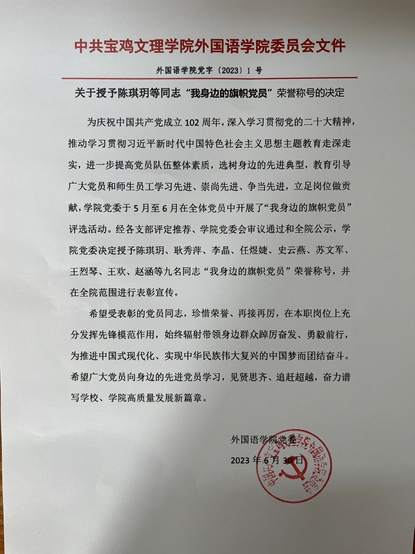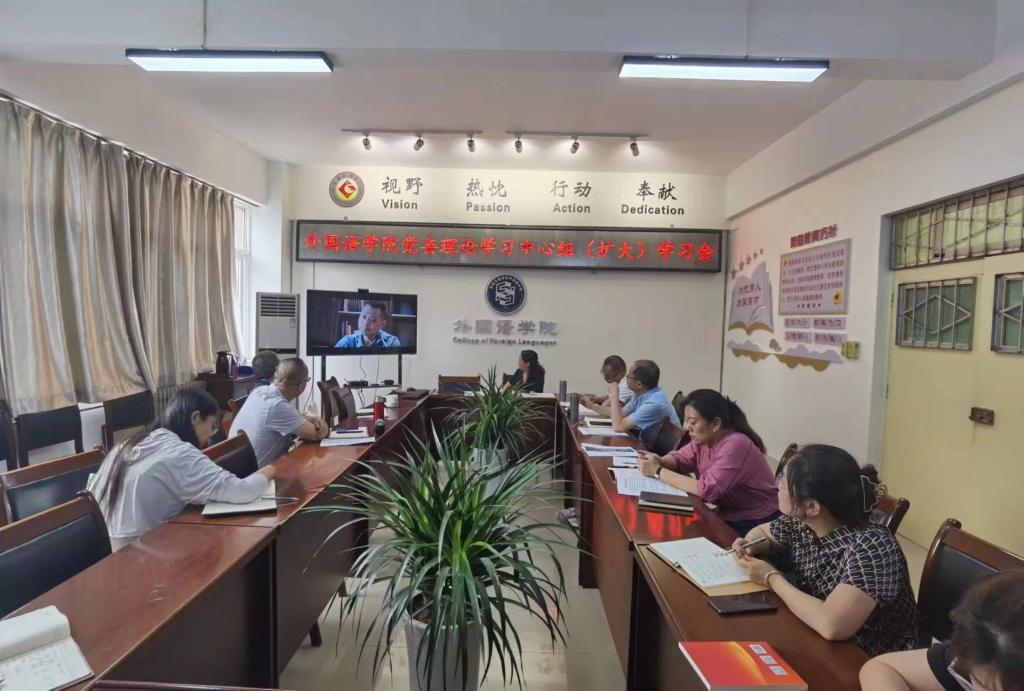译海撷英(一)
原文
When a person moves from one culture to another, hesuddenly finds that much of what he has learned about interpreting the actionsof people around him is suddenly irrelevant. He finds that the strategies hehas used to influence people or events in certain ways are no longer effective,and the assumptions that guided his understandings and reactions are no longerreliable. Even distinguishing between the significant and the insignificant ina given situation becomes difficult, if not impossible.
This sudden psychological transition from competentadult to ineffective child inevitably results in the serious impact of theindividual’s feelings of selfworth. He experiences feelings of frustration andhelplessness. In short, he experiences culture shock.
Culture shock is the result of the removal of thefamiliar. Suddenly the individual is faced with the necessity of working,commuting, studying, eating, shopping, relaxing, even sleeping, in anunfamiliar environment organized according to unknown rules. In mild form,culture shock shows itself in symptoms of fatigue, irritability and impatience.Being unable to interpret the situations in which they find themselves, peopleoften believe they are being deliberately deceived or exploited by host-countrynationals.
They tend to perceive rudeness where none isintended. Their efficiency and flexibility is often impaired and both work andfamily suffer. Some people may respond by developing negative stereotypes ofthe host culture, by refusing to learn the language and by mixing exclusivelywith people of their own cultural background. In extreme cases, rejection maybe so complete that the individual returns immediately to their own culture,regardless of the cost in social, economic or personal terms. Alternatively,people may retreat into their own private world, either mentally or physically.
Physical symptoms of culture shock may includeheadaches, stomachaches, constant fatigue, difficulty in sleeping and a generalfeeling of uneasiness. Unfortunately, many doctors are unfamiliar with cultureshock and attempt to treat the symptoms rather than the cause.
The important thing to recognize about cultureshock is that it is universal. It is experienced to a greater or lesser degreeby all those who move from one culture to another. Experiencing culture shockdoes not mean that an individual is inflexible or unadoptable. It does meanthat recognition of its inevitability can lead to the development of steps toreduce its impact.
译文一
文化休克
文化复迁,察人之策失也,拙务之策殆也;情境再审,通晓之略惑也,断察之略厄也。
本心倏改,智者反稚;失其度衡,卑且无力。舸舰争流,经就成津;文化蚀骨,历久成新。
卜居异乡,置惑于新。旧俗难改,新俗难成。文化相击,何以为融?劳形案牍,乏身出行;易怒易躁,难娱心性。文化微澜,绸系两端。一如缚捕鲟鳇,乘风追浪;盖迷局以不解,陷于臆想。心无窍者,责堪旁贷;有多虑者,自惭形秽。鹰翔海河,是为不妥;蛟游山岳,难忘江河。是故无所适从,谈何如常?遂生轻视,浅辄寸光。拒其官话,梏己交往。逆行长河,执炬迎风。反刍旧食,索然新荤;止步不前,糙粥常温。
文化冲击,身感违和。头欲裂而眉蹙,胃似绞而身缩;倦意浓而难寝,似常溺于沉疴。医者处方对症,问病不究其何。
问其何因?理存万物。分流终汇,必承其波。以文感文,不失偏颇。趋而从之,顺其自然,则避其害;趋而违之,本心不改,则无良策。
(2014级英语2班 薛晨)
译文二
文化休克
一个人背井离乡,
环顾四周已无熟悉之感。
不管是他的处事策略,
亦或是他的惯性思想,
均已不再奏效。
更有甚者,
竟难以辨别事物有无意义。
这心理转变——人情洞察到懵懂无知,
甚是突兀。
灰心,无助……
个体自尊心所受创伤,
却也无可避免。
这,
便是文化冲击的洗礼。
背井离乡的人,
总要经历文化冲击。
陌生的环境,
一切都被动接受。
工作、通勤、学习、饮食、购物、休闲,甚至睡眠,
均显得慌乱无助。
有些人,
怀疑异国文化,
拒绝异国语言。
如此极端,
如此彻底地拒绝,
不惜以人力、物力、财力为代价,
以寻求文化归属感。
更有甚者,
固步自封。
文化冲击,
带来身体不适。
头痛,胃痛,持续疲倦,失眠。
医者一知半解,
治标不治本,
终究让人遗憾不已。
背井离乡的人,
总经历过文化冲击。
不是说他们民顽不灵,
亦或难以适应。
文化冲击不可避免。
若能洞察,
却也能拨开云雾。
(2013级英语2班 杨豪杰)
上一条:译海撷英(二) 下一条:外国语学院举办大学英语智课教育培训会
【关闭】







